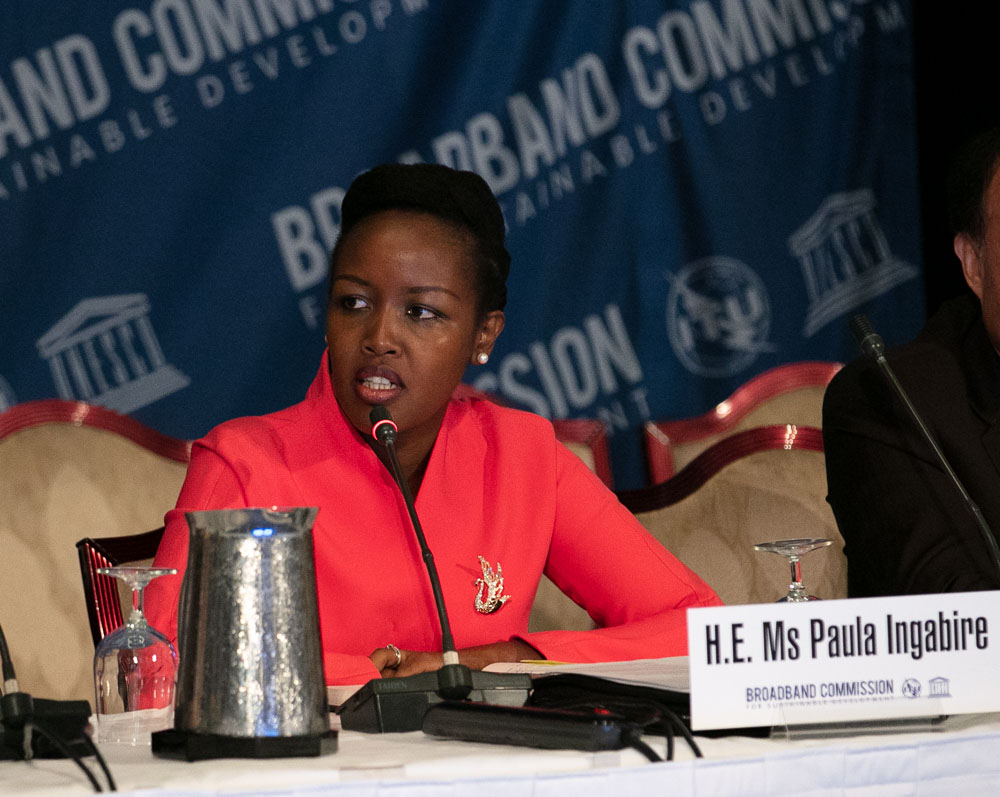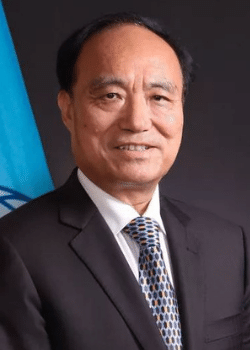Following the tradition of its annual meetings held in conjunction with the United Nations General Assembly, the Broadband Commission for Sustainable Development met on 22 nd September in New York, during the 74th session of the UNGA.
On this occasion, high-level Commissioners from across a range of government and industry sectors, and Special Guests addressed the importance of leaving no one behind in a fast changing digital world. What are the innovative models for social and economic impact and digital inclusion?
The sessions included discussion on Sustainable financing for social impact, as well as meaningful Universal connectivity, access and use: where to go from where we stand.
“Our collective ownership to implement the Commission's recommendations will necessitate all of us to provide resources – both financial and technical know-how – to create the much-needed impact of our work,"

“Connecting the world's population to the internet is about collaboration, collective approaches and partnerships – among different stakeholders, across different sectors and across borders. It is about understanding the needs of people in terms of connectivity, literacy, access to content in different formats and languages, and services. It is about bringing the costs of services and devices down. And it is about empowering people who lack standard basic ICT skills with the means to participate in the digital ecosystem."

“This year's State of Broadband report encourages us to think in terms of 'meaningful universal connectivity, because digital inclusion can only be meaningful and effective if and when Internet users feel empowered to use the technology – and when the technology is affordable, attractive and safe."

“Today, the main factor preventing people in developing countries from using mobile internet is not affordability but poor literacy and digital skills. Gender inequality in digital technology is even more alarming. Women are less likely to have internet access than men, and this gap is widening. The 2019 UNESCO publication 'I'd Blush If I Could', produced under the auspices of the EQUALS Global Partnership, illustrated that women are now four times less likely than men to be digitally literate, and represent just 6% of software developers."





